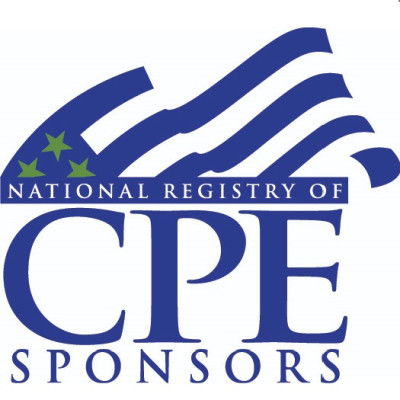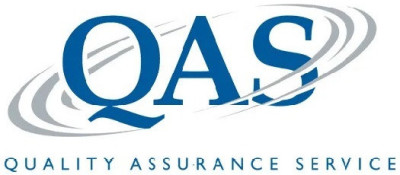Webinar Instruction will be emailed on your registered email address 3 days prior to webinar | Web Download / e-Transcript will be shared in 7 working days from the date of webinar
The death of a client requires tax professionals to evaluate both estate tax liability and possible fiduciary income tax reporting requirements. In this combined course, you will learn the foundations of both Estate Tax and Fiduciary Income Tax enabling you to guide clients on the advisability of filing Form 706 for both taxable and non-taxable estates as well as evaluating the ongoing income tax reporting requirements for estates and trusts after a client’s death. Basic understanding of both areas is crucial for professionals working with families after the death of a loved one since elections, timing of transactions, and filing deadlines can greatly impact the overall tax liability for the estate. After this course, you will be ready to identify the key issues in this area and advise clients to ensure optimal outcomes.
Foundations of Preparing Form 1041 Trust & Estate Income Tax Return
Tax compliance issues for fiduciary entities are sometimes confusing to practitioners due to the fact that many lack experience in this area. The preparation of The US Income Tax Return for Estates & Trusts (Form 1041) is an art that requires juggling oft-competing obligations between the tax authorities, personal representatives and beneficiaries. This course will highlight unique issues related to Form 1041 and useful techniques practitioners can use to reduce overall tax liability.
Session Highlights:
Prepare the U.S. Income Tax Return for Estates and Trusts (Form 1041)
Line-by-line Preparation of Form 1041
Understand the fiduciary’s tax filing requirements.
Identify reportable items of income and deductible expenses.
Schedule K-1 for beneficiaries
Explain when Form 1041 is required to be filed and for what types of entities.
Learn how to best allocate income and deductions between the entity and beneficiaries to achieve optimal tax outcomes.
Analyze the available elections for trusts and estates and choose the best options for ease of administration and tax savings.
Determine which beneficiaries are eligible to receive distributable net income and how to report income and excess deductions to beneficiaries.
Identify permissible charitable deductions and how clients can better plan to achieve optimal income tax results.
Prepare a typical Form 1041 illustrating the receipt of income such as interest, dividends, and IRA distributions, the sale of real estate and distributions to beneficiaries.
Understanding of distributable net income (DNI)
Understanding of income in respect of a decedent (IRD)
Line-by-line instruction (Income, Deductions, and Payments)
Recall QSST and EBST elections
Live Q&A session will be held after the event.
Foundations of Preparing Form 706: The Federal Estate Tax Return
The executor of a decedent's estate uses Form 706 to figure the estate tax imposed by Chapter 11 of the Internal Revenue Code, and, also used to compute the generation-skipping transfer (GST) tax imposed by Chapter 13 on direct skips. This form is a complicated return to prepare, running more than 25 pages with more than 15 schedules.
Session Highlights:
Learn how to prepare each schedule to the Form 706, using a sample return as an illustration.
Identify the six major components of Form 706 and Identify compliance issues.
Identify how to determine estate tax liability
Recognize the only action required to elect portability
Recognize the importance of the information items and questions on Form 706.
Highlights of portability elections to make the deceased spousal unused exclusion amount (DSUA) available to the surviving spouse.
Understand proper asset valuation compliance.
Understand proper deduction compliance.
Understand tax calculation.
The ins and outs of the “portability” rules, including how the rules actually work using common examples.
Issues involved in the preparation of the decedent’s final federal income tax return (Form 1040).
Various postmortem estate planning issues involved in the preparation of the.
above-mentioned tax return.
Complete understanding of estate and gift taxation.
Income tax consequences.
Overlooked GST issues.
Who Will Benefit:
Credits and Other information:


